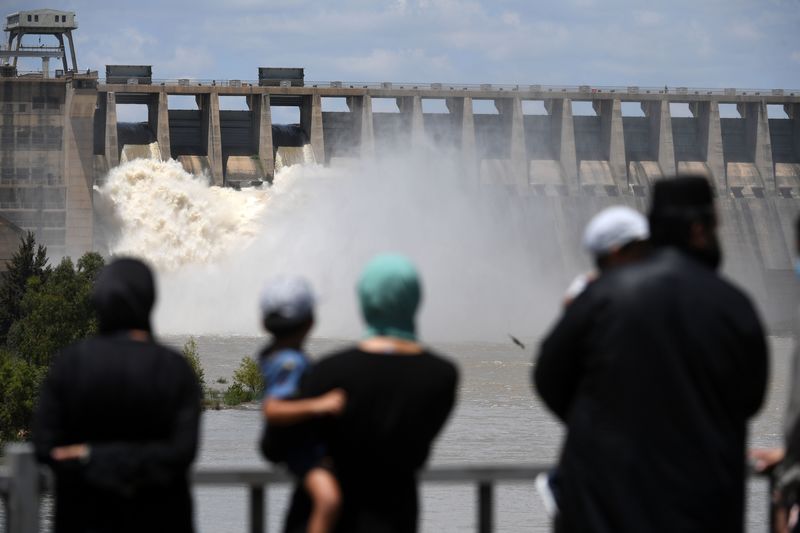Water water everywhere, not a drop to drink. Think that’s the harsh truth? Well, what about this irrepressible truth then?
Polluted and dirty water even in the river, what’s it that I can drink??
The above is true for the times we are living in, where to the civilian laxity and our own cavalier attitudes coupled with indignant treatment of important constituents of our cultural identity, we’ve been dwarfed of the soothing and healing light that only rivers and trees and things like that can provide.
Also Read: What Massive Crisis Is Stinging Madagascar And How Can It Be Helped?
Truth be told, there’s more sanctimonious importance attached to the rivers, as pious as they are pure, than what anyone of us would understand. Ever. To every country, there’s, if not more, then at least, one river that defines the socio-cultural canvass of a nation. To New York- there’s the Hudson on which Sully landed the miracle. To India, there are the Holy Ganges.
Ultimately, in South Africa, there is the Jukskei- the beating heart of a Johannesburg caught up in urban development and relentless surge to build physical infrastructure. Things, if not said now, then might get late once and for all, have reached such a situation where the Jukskei is asking its fellow passerby’s to sit back and take a good hard look at the river without which the entirety of the South Africa’s critical urban cluster will run dry.
Located 75 kms from the main Jo’burg city, it’s the Jukskei, not any other river that feeds countless denizens of a city that’s as cosmopolitan as it is progressive.
Yet, something is not quite right about this cultural landmark of a truely fascinating Protea city. So what’s that?
The potential for water shortages, that have already knocked on many an average South African’s doors since a while seems to suggest that time’s running out to clean up the river which is being led to a state of gradual decay.
Facets like unsustainable water management coupled with, population growth and the potential water shortages are together forming an unlikely alliance to render disruption toward an important life source when that should never have been the case.
Yet, according to the Bloomberg City lab and Green, the following are some critical steps, which if executed rightly and correctly can save the river, and in turn, the hope of tens of thousands of Johannesburg denizens who would then no longer have to come up with complaints:
The Jukskei River won’t fulfill Johannesburg’s water needs by itself, even in the best scenario. According to Itshegetseng of the city’s environment and infrastructure office, if the river can be cleaned up, its catchments could service about one-quarter of the households in Gauteng Province, which encompasses Johannesburg as well as Pretoria.
That water would require further treatment to be drinkable, according to Dunsmore, the water consultant. Though the practicality of harvesting water from the Jukskei may be questioned, the volume of it is significant and should be managed, even if the main beneficiaries are downstream from Johannesburg, he added.
Moreover, moving on, educating those communities who are settled in close proximities to the river but do not possess the greatest or most astute standards of hygiene would also have to play an important part if things are to be worked out correctly.
Simple, individual-led initiatives, a lot of which are already in motion, like discouraging dumping will also take the movement a long way.
But the important thing, however is, that people of Jo’burg are thinking about their precious life resource. No better time than beginning now!


